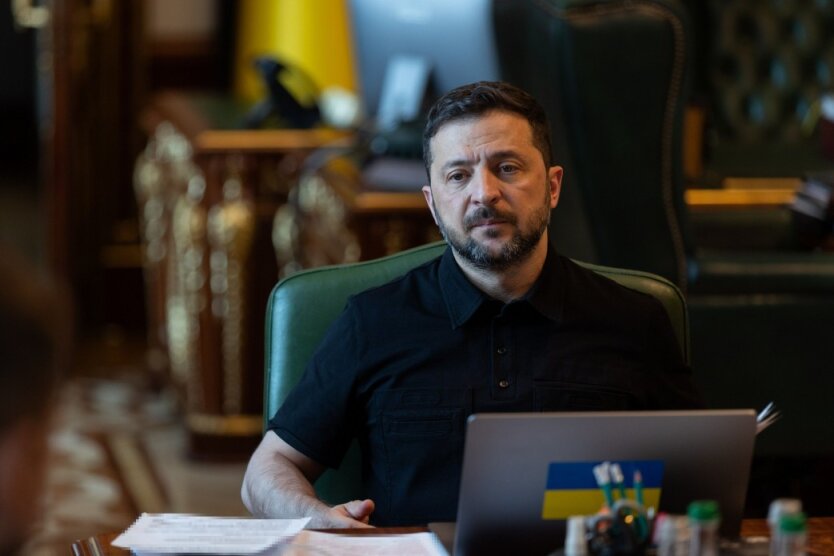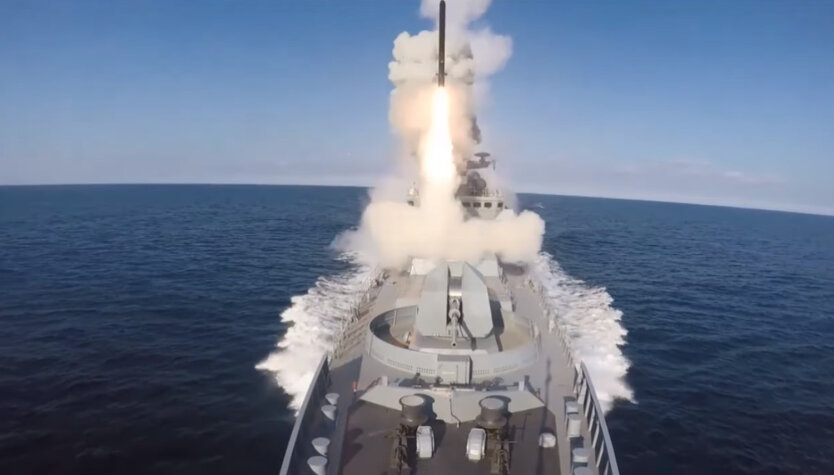Survey: 79% of Germans Consider Russia the Greatest Threat to Peace.


Most Germans believe that Russia is the greatest threat to world peace and feel less secure. This data was obtained from a survey by the Allensbach Institute, as reported by 'European Truth' citing FAZ.
The decline in the sense of security among Germans is due to Russian military aggression against Ukraine, Donald Trump's re-election as President of the United States, and insufficient preparedness for war and disasters. According to the survey, only 60% of the German population feels safe, which is 1% less than in 2024. 61% of Germans express concern about a possible war, and 79% of respondents believe that Russia is the biggest threat to peace.
The distrust of citizens towards the US is also increasing. The number of those who consider the US the biggest threat to peace has risen from 24% in 2024 to 46%. Klaus Schwainsberg, founder of the Center for Strategy and Higher Leadership, stated: 'Germans have stopped believing in the US as a reliable alliance partner.'
However, trust in NATO remains stable. Only 10% of Germans believe that Germany is well prepared for war or disasters, 43% believe it is 'not very well' prepared, and 39% believe that the country’s preparedness is 'very poor'. Citizens point to shortcomings in medical assistance plans in case of disasters and the protection of critical facilities from cyber attacks.
Renata Kehher, Executive Director of the Allensbach Institute of Demoscopy, noted that 'ensuring security is one of the state’s primary tasks, yet citizens increasingly feel a lack of consistency in this matter.'
Read also
- Trump's statement on arms transfer to Ukraine, attack on Mykolaiv:
- Trump Sends Letters on 25% Tariffs to US Allies
- TCK has drastically tightened security measures: what will change for Ukrainians
- Britain is ready to finance Ukrainian interceptor drones as early as this month, - Zelensky
- Why Russians have started using 'Kalibr' missiles more frequently: explanation from the Navy
- Children Aged 13 to 17: How Russians Are Using Teenagers for Diversions









